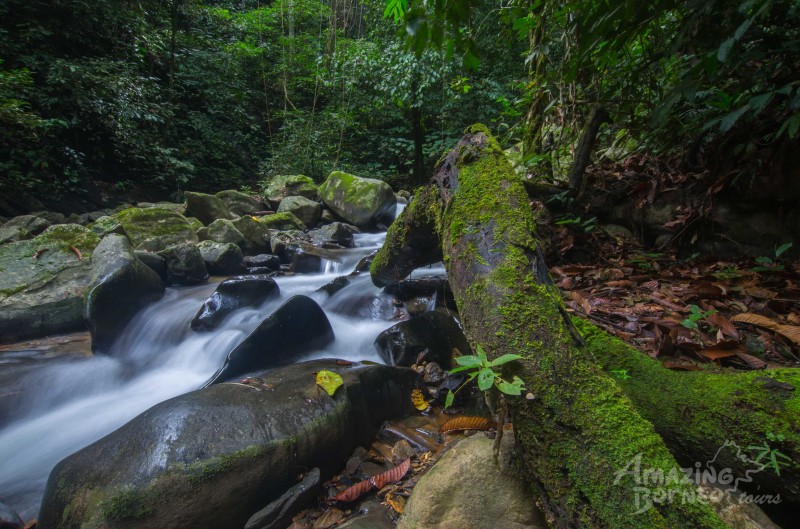By January next year the state of Sarawak will open a new department of national parks and wildlife in a landmark action. They are already in the process of adding several new totally protected areas (TPA’s) to the list to make up around 3.3 million acres.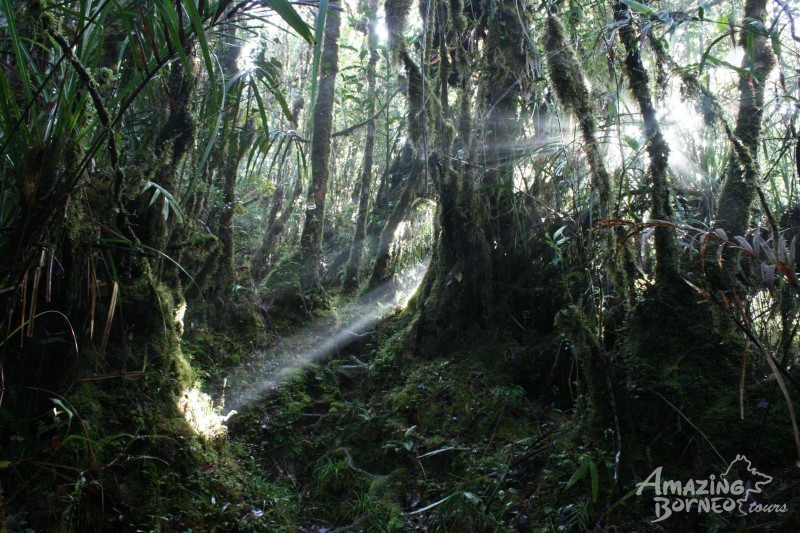 From July 2016 until present Sarawak has allocated a total area of 903,769 hectares (2.2 million acres) as protected areas. This comprises of 43 national parks, 14 natural reserves and 6 wildlife sanctuaries. 31 new TPA’s will be added by January 2017 with a total combined area of 451,819 (1.1 million acres).
From July 2016 until present Sarawak has allocated a total area of 903,769 hectares (2.2 million acres) as protected areas. This comprises of 43 national parks, 14 natural reserves and 6 wildlife sanctuaries. 31 new TPA’s will be added by January 2017 with a total combined area of 451,819 (1.1 million acres).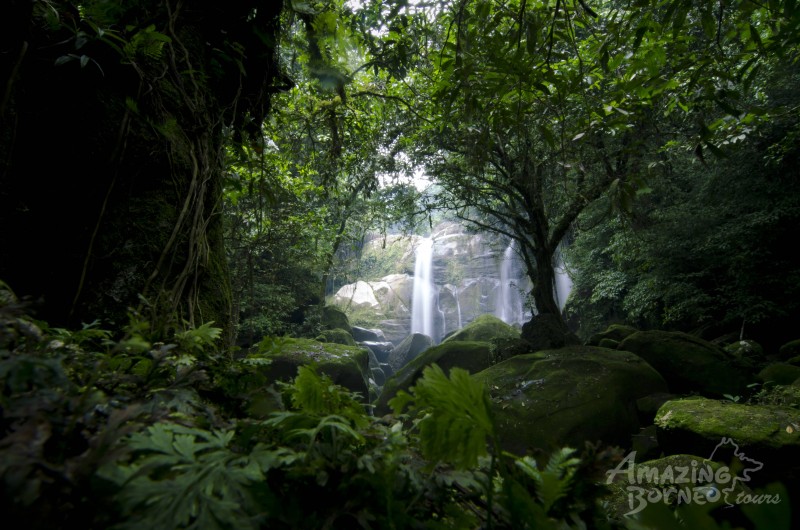 This move to protect such a large area of land will save countless endemic and endangered species that are currently at serious risk of extinction. The dangers presented are mostly due to deforestation, oil palm plantation encroachment that causes poisoning and pollution of the rivers, and also illegal poaching.
This move to protect such a large area of land will save countless endemic and endangered species that are currently at serious risk of extinction. The dangers presented are mostly due to deforestation, oil palm plantation encroachment that causes poisoning and pollution of the rivers, and also illegal poaching.
Thats the idea anyway, however simply allocating protected areas wont do much good if laws are not enforced but instead completely ignored and flouted which is historically the case.
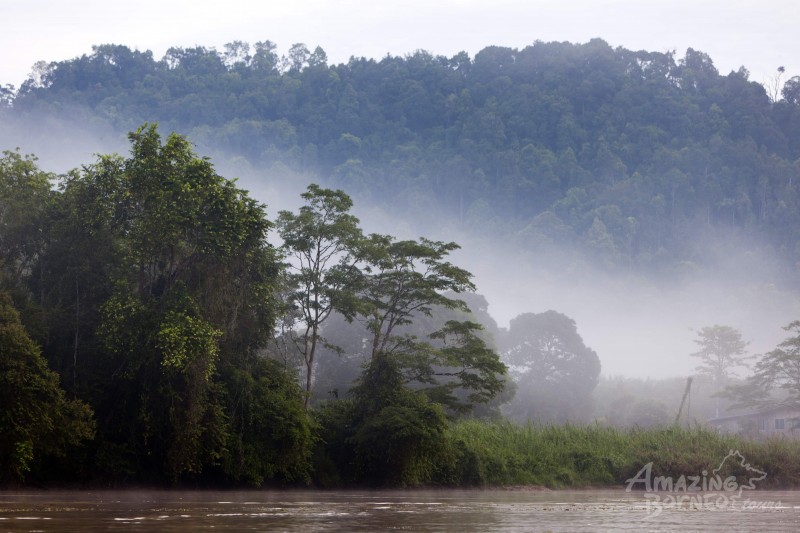 According to the Borneo Post, (http://www.theborneopost.com/2016/07/29/all-orangutan-habitats-in-sarawak-tpas/ ) all of the natural orangutan habitats in Sarawak have now been included as TPS’s although this may already be too late for the critically endangered species as so much habitat has already been lost.
According to the Borneo Post, (http://www.theborneopost.com/2016/07/29/all-orangutan-habitats-in-sarawak-tpas/ ) all of the natural orangutan habitats in Sarawak have now been included as TPS’s although this may already be too late for the critically endangered species as so much habitat has already been lost.
Read more about our Critically Endangered cousins here: Orangutans Likely Extinct within 10 Years34s014h - Nature Reserve.jpg) This news comes just in time for many species on the brink of extinction due to rampant deforestation and oil palm plantation developments. A little too late perhaps for the Sumatran Rhino that was declared extinct in the wild just recently. It is inevitable that more extinctions will follow in the remaining time while the parks are set up.
This news comes just in time for many species on the brink of extinction due to rampant deforestation and oil palm plantation developments. A little too late perhaps for the Sumatran Rhino that was declared extinct in the wild just recently. It is inevitable that more extinctions will follow in the remaining time while the parks are set up.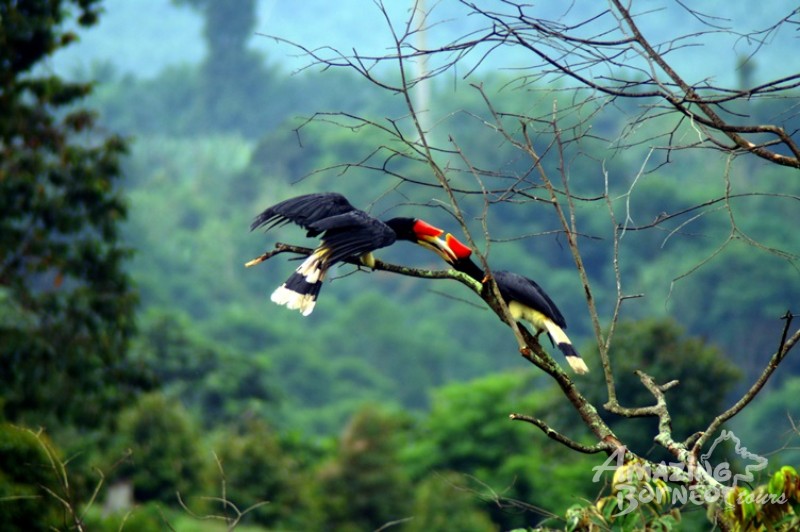 Oil palm plantations have become the primary threat to the rainforests of Malaysia and Indonesia, fuelling the extreme destruction of habitat in the name of progress and making a quick dollar. This move seems to be a clear step in the right direction and truly a landmark decision and change in direction from how the environment has been managed in Sarawak in the past. We can only hope that Sabah and Indonesia will follow this shining example.
Oil palm plantations have become the primary threat to the rainforests of Malaysia and Indonesia, fuelling the extreme destruction of habitat in the name of progress and making a quick dollar. This move seems to be a clear step in the right direction and truly a landmark decision and change in direction from how the environment has been managed in Sarawak in the past. We can only hope that Sabah and Indonesia will follow this shining example.
Of course the success of this action will depend on how everything is managed and enforced. All too often we see oil palm companies in Malaysia and Indonesia breaching buffer zones, planting right up to riverbanks which causes sedimentation and chemical overflows that wipe out entire species of river fish and land mammals in a matter of weeks.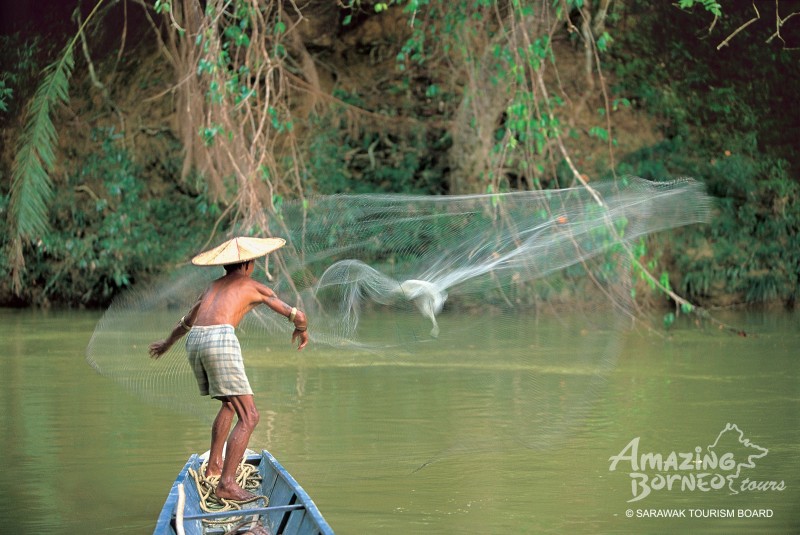 It is very hard to enforce these laws due to the vast areas covered by these plantations. Illegal poaching for Chinese traditional medicines and the illegal pet trade is another major problem that is very hard to enforce and may require tougher laws to provide deterrents.
It is very hard to enforce these laws due to the vast areas covered by these plantations. Illegal poaching for Chinese traditional medicines and the illegal pet trade is another major problem that is very hard to enforce and may require tougher laws to provide deterrents.
Another critical factor in managing these new protected areas will be bringing in the local communities to get educated and involved with the conservation and protection processes.
This is especially encouraging after the terrible news in 2010 that the Sarawak State Land Development Minister gave to ‘The Star’ newspaper informing us that Sarawak was going to “double its Oil Palm Land by 2020” by “more aggressively” developing Native Land. Much of this Native Land is used by indigenous people like the Penan and Iban who rely on the forest for survival and suffer terribly when the land is logged and planted with oil palm.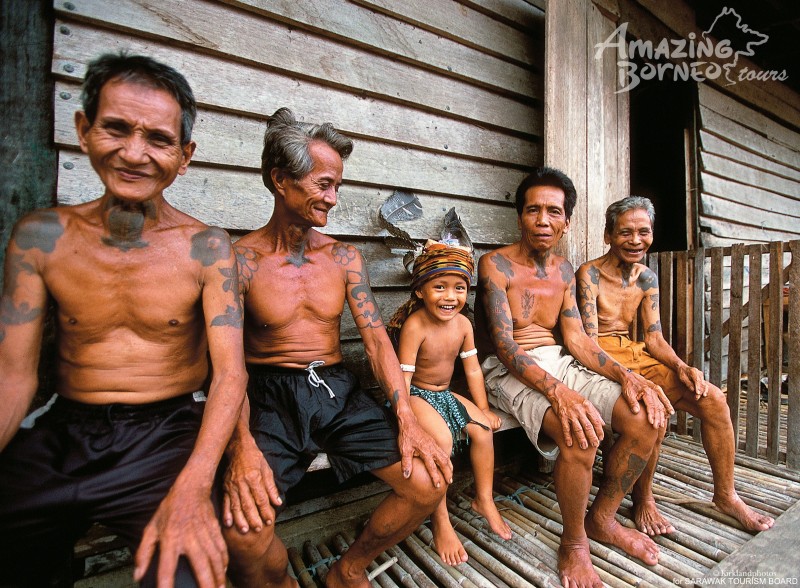 Infographic Credit to GRID-ArendalThe Bornean rainforest is the third largest and one of the most important in the world. It has been estimated that if we continue as we are then we will have less than 30% of our forest remaining by 2025. There is also a high chance that if we lose it now there is no going back, at that stage it would likely start an irrecoverable transformation into savannah desert. If there ever was a time for changing our ways, it is now.
Infographic Credit to GRID-ArendalThe Bornean rainforest is the third largest and one of the most important in the world. It has been estimated that if we continue as we are then we will have less than 30% of our forest remaining by 2025. There is also a high chance that if we lose it now there is no going back, at that stage it would likely start an irrecoverable transformation into savannah desert. If there ever was a time for changing our ways, it is now.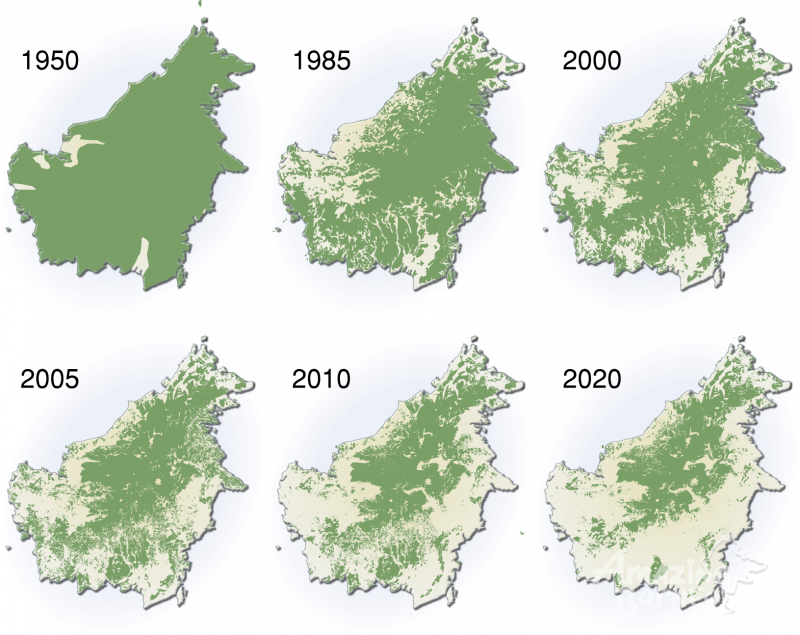 This designation of this new protected land is finally a step in the right direction and has been applauded by many environmental NGO’s. Hopefully what we are seeing here today will set a trend that will continue into the future, inspiring more positive initiatives and responsible forms of land management. Without a doubt this is of paramount importance to ensure the protection of this amazing environment for our children and theirs.
This designation of this new protected land is finally a step in the right direction and has been applauded by many environmental NGO’s. Hopefully what we are seeing here today will set a trend that will continue into the future, inspiring more positive initiatives and responsible forms of land management. Without a doubt this is of paramount importance to ensure the protection of this amazing environment for our children and theirs.
Related Articles:
Orangutans Likely Extinct Within 10 years
Sabah's newly established 1-million-hectare marine park & shark sanctuary

